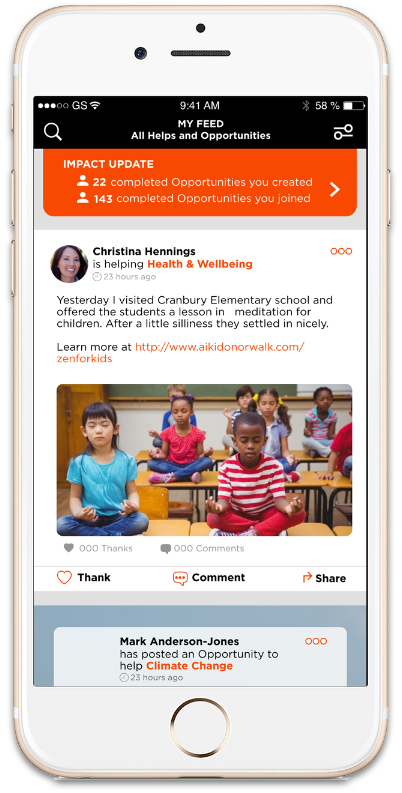How To Be An Eco-Warrior In Your Community
By: Lauren Ramakrishna
Often the smallest acts can spur big change. Just ask Greta Thunberg, the teenager who began a worldwide movement when she started protesting in front of the Swedish Parliament in 2018, demanding immediate action to combat climate change. Her message went viral and led to coordinated school strikes around the globe. Ultimately, Thunberg’s local action put her in the global spotlight as a leading voice for climate action.
If we’ve learned anything from Thunberg, other young conservation activists, and leaders who have dedicated their lives to helping the planet, it’s this: change starts locally—and you have the power to be an eco-warrior in your community.
So, how do you get started? First, focus on a specific area of interest that speaks to you. Are you passionate about single-use plastic waste, like eliminating plastic straws and plastic bags? Are you into composting? Are you an animal lover appalled by the devastation from the recent Australian bushfires? Are you a data nerd who loves compiling statistics and numbers? There’s a way to make a difference.
Once you identify a focus area, think about the ways you can expand the cause within your community of family, friends, and neighbors. You have the power to spread information through social media, face-to-face talks, and at town meetings—and the tools to organize events.
If you aren’t sure where to begin, search ThatHelps’ Interests to learn about the topics that might inspire you and get ideas. Then, join the app to find eco-minded community members. Plus, you can source daily inspiration and ideas to do more good more often.
Check out a few action-oriented ideas to help you lead on the climate issues in your school, office, neighborhood, or community.
Make a list of the companies that are helping the planet.
When you spend your hard-earned dollars at stores that care about the planet, it matters. The North Face, Lush Cosmetics, Enterprise Rent-a-Car, and Patagonia are a few all-star companies leading the charge for sustainability and conservation. Do a little homework on the businesses in your area that are helping the planet, like restaurants that use compostable take-out containers, or coffee shops that use paper straws, or the stores that eschew plastic bags for paper or reusable bags. Share the list and encourage your friends and family to patron their businesses.
Champion a search engine that helps plant trees.
How many times a day do you use a search engine to help you find the information you need online? Why not choose one that can also help the planet, like Ecosia. It operates just like Google or Yahoo, except the company uses their profits to plant trees. Imagine the difference it could make if you convince your family, friends, and neighbors to start using Ecosia for their daily searches. You could even reach out to the schools, libraries, and workplaces in your community to encourage them to make Ecosia the default launch page on their computers. Or, go one extra step: join ThatHelps’ Plant Trees Challenge on our app and we’ll donate $5 to One Tree Planted for every member who joins. $5 = five trees planted.
Start the zero-waste lunch box trend at your work or school.
When you pack a zero-waste lunchbox, everything gets eaten or reused, so nothing goes in the trash—or harms the planet. When you start sending your kids to school with a zero-waste sack or packing one for yourself, it’s easy to strike up a conversation with your friends or coworkers about the money you’re saving—and how you’re helping the Earth. You could ask your company’s Human Resources Manager to challenge the entire company to a zero-waste lunch campaign. Or just organize a zero-waste challenge in your office. Check out these tips and products to get started.
Host a waterfront clean-up.
You can literally transform the ecosystem of your local waterways by simply picking up trash, especially during warmer months when waterfronts are most crowded and likely more filled with litter. It’s the perfect season to help stem the tide of plastic pollution and enjoy a little sunshine outdoors, too. Just choose a waterfront near you—an ocean, river, lake, or stream—and host a clean-up event. Getting started is easy with our list of helpful steps. Clean-ups are also the perfect opportunity for you data nerds to measure and track the trash collected over time, which could prove helpful to local groups or elected officials.
Stay engaged with other eco-warriors across the country.
A key principle in organizing movements is to meet people where they’re at. Consider creating a short newsletter to share updates about what you’re doing to help the planet and invite others to join. Follow local climate justice activists and organizations on social media. And of course, you can use free apps like ThatHelps to find inspiration and ideas for making the world a better place.
Photo: Li-An Lim



